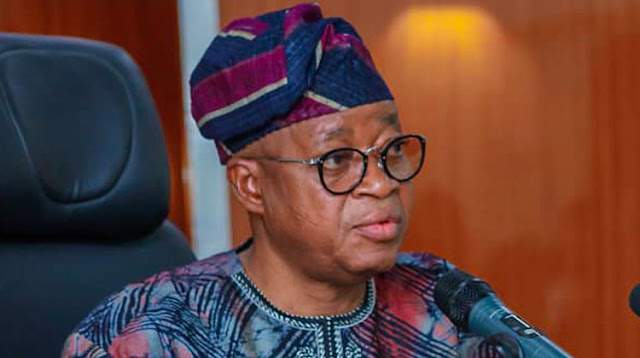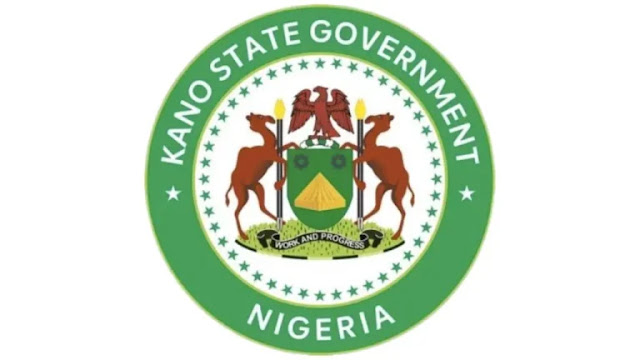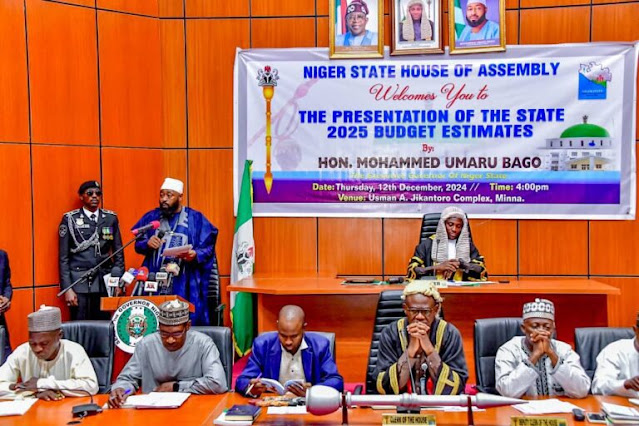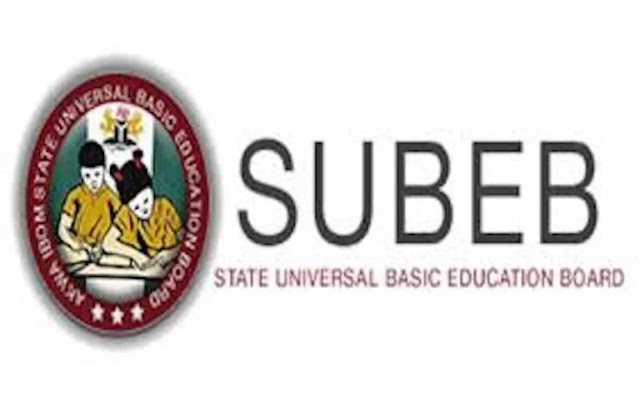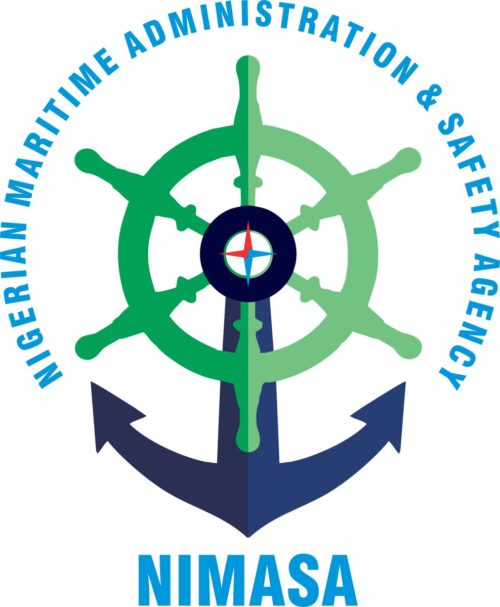Minister of Marine and Blue Economy, Adegboyega Oyetola, has announced plans to replicate the achievements of the Lekki Deep Seaport across Nigeria’s maritime sector, describing it as a model for transformative growth and development.
Speaking at the Nigerian Chamber of Shipping Breakfast Meeting in Lagos on Tuesday, Oyetola reaffirmed that the administration of President Bola Ahmed Tinubu is committed to creating a modern, safe, and globally competitive maritime industry.
The meeting, held under the theme “Unlocking Opportunities: The Lekki Deep Seaport Playbook for Trade and Shipping in Nigeria,” explored how the Lekki model could be scaled nationwide.
Oyetola explained that a central pillar of the administration’s approach is the application of the public–private partnership model and logistical efficiency demonstrated by the Lekki port.
“The maritime industry is at the heart of our economic aspirations, not simply as a channel for trade but as a catalyst for industrial growth, job creation, and regional integration. Our vision is clear: to build a modern, safe, efficient, and globally competitive maritime sector that fully unlocks Nigeria’s economic potential.
“Realising this vision requires more than sound policies. It calls for sustained investment in infrastructure, targeted capacity development, accelerated digital transformation, and enduring partnerships with the private sector,” the Minister said.
Valued at $1.5 billion, the Lekki Deep Seaport has been celebrated as a landmark project for West Africa. Oyetola noted its ability to handle 1.2 million TEUs and accommodate larger vessels, while already creating thousands of direct and indirect jobs.
He also commended the completion of critical access roads, which for the first time in decades have freed major ports from crippling congestion. “Cargo now moves out faster, investors are more confident, and trade flows without unnecessary delay,” he said.
The Minister stressed that the port, which currently runs at only 20 per cent capacity, still holds vast untapped opportunities for investors. He outlined five pillars of the “Lekki playbook”: a strategic location, a strong public–private partnership framework, integrated transport links by road, rail, and inland waterways, supportive policies, and technology-driven operations.
To extend this model nationwide, Oyetola confirmed that the Ministry is modernising Apapa and Tin Can Island Ports, as well as upgrading the Eastern Ports in Onne, Calabar, and Rivers.
“Under the leadership of President Bola Ahmed Tinubu, this administration is determined to take the lessons of Lekki and apply them nationwide to transform our entire port system into a network of modern, efficient, and competitive gateways.
“We are modernising the Western Ports in Apapa, upgrading the Eastern Ports in Onne, Calabar, and Rivers to stimulate balanced regional growth, and finalising the Port Community System, integrated with the National Single Window, to create a paperless, transparent, and secure digital environment for all maritime stakeholders,” Oyetola explained.
In a related move aimed at strengthening local participation, the Minister disclosed that he has directed the Nigerian Maritime Administration and Safety Agency (NIMASA) to begin immediate disbursement of the Cabotage Vessel Financing Fund (CVFF) to qualified Nigerian shipowners. He stressed that building a strong national shipping fleet is vital to developing local capacity, securing Nigeria’s role in global trade, and eventually establishing a National Flag Carrier.
Oyetola concluded by noting that the Lekki Deep Seaport stands as proof of what can be achieved when policy, vision, investment, and execution come together. He called on all stakeholders to adopt and scale the model for the prosperity of Nigeria and Africa at large.
The Breakfast Meeting drew participants from government agencies, terminal operators, shipping firms, and the organised private sector.


